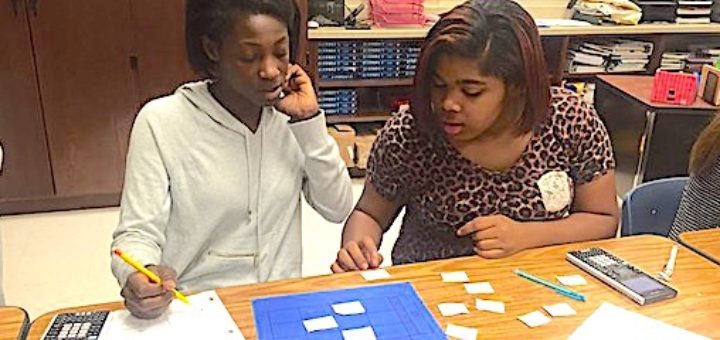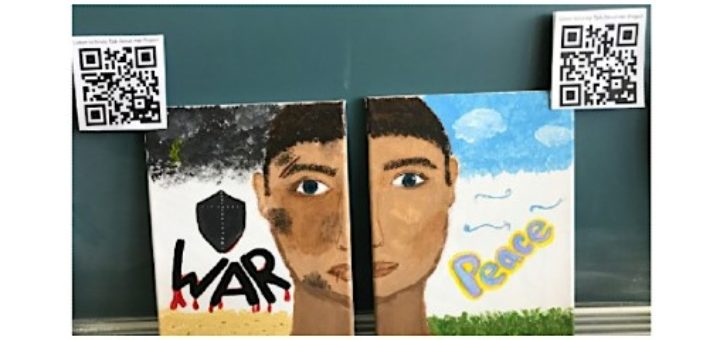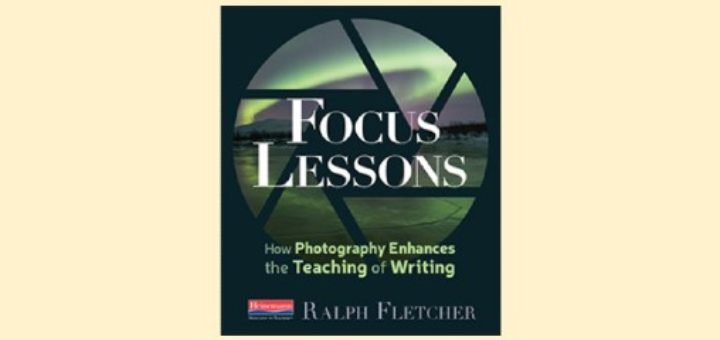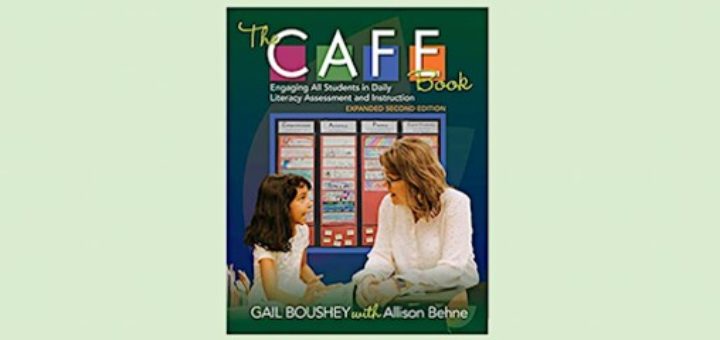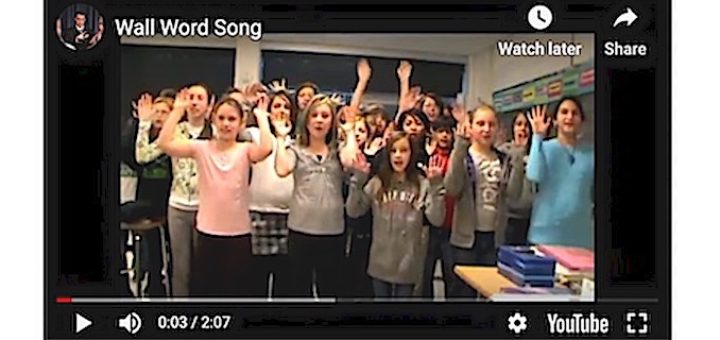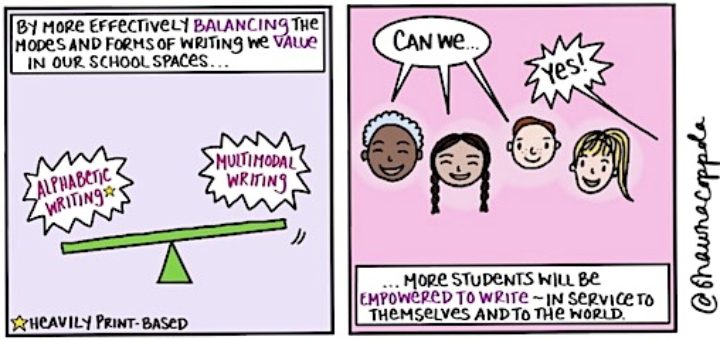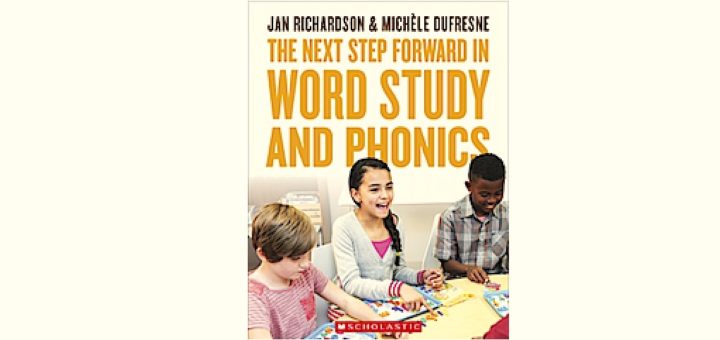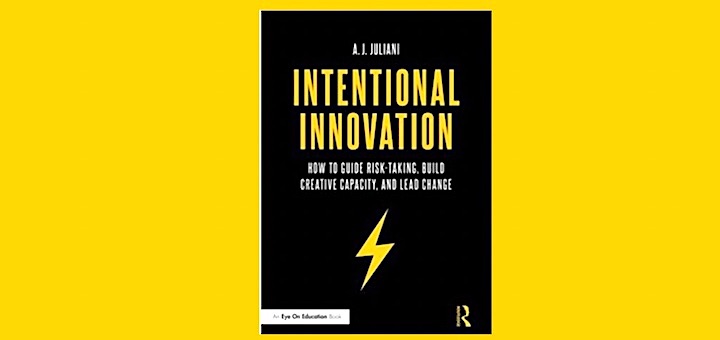Teaching and learning in grades 4-8
Students need structure, but that doesn’t mean monotony. For her math classes Michelle Russell recently spent a planning day collecting activities to start the New Year. As they returned, she introduced them to a math-friendly Simon Says, some Desmos routines, and fresh card sorts.
Looking for more ways to have your kids “speak” to real audiences beyond your classroom? NBCT Marilyn Pryle, the 2019-20 Pennsylvania TOY, describes how she added community displays and a Vocaroo/QR code strategy to one of her major ELA projects. Student handout included!
At the heart of Ralph Fletcher’s Focus Lessons, writes Jeny Randall, teachers will find lessons that can help students connect the photographic concepts of tension, point of view, and mood to the craft of writing – so that the idea of sensory details becomes concrete.
Based on the first edition’s core concepts for improving daily literacy learning and assessment, The CAFÉ Book has added teacher feedback, hands-on work with students and teachers, and research to strengthen the original practice, writes teacher educator Linda Biondi.
Effective teaching means engaging kids intellectually, socially AND physically. Educators who work strategically to include elements of kinesthetic activity will have students who are attentive, making connections, and able to recall later on. Curtis Chandler shows how.
The narrow “alphabetic” definition of writing found in many school classrooms actively disengages youth, says literacy author Shawna Coppola. Students simply prefer to compose using forms that incorporate visual, aural, and multimodal texts as a way to make or enhance meaning.
We lead busy lives and even the best leaders and the most astute decision makers are subject to “decision fatigue.” Author-educators Ron Williamson and Barbara Blackburn believe it is imperative for school leaders to “adopt strategies to minimize its negative impact.”
The Next Step Forward in Word Study and Phonics offers resources that will convince even the most skeptical that word study can be done quickly if done intentionally. Teacher Michelle Voelker likes the lessons targeting multiple reading levels and the many how-to videos.
Today’s educators have a plethora of technology at their fingertips. A.J. Juliani’s Intentional Innovation can guide them to make intentional choices for their classrooms, writes consultant Anne Anderson. She suggests the book for a faculty book study.
Where were the authors of color in Dina Strasser’s recent recommended list of speculative fiction for YA readers? Dina revisits her December post and considers why she overlooked women of color. Her commitment to being more inclusive includes new titles and future reviews.

